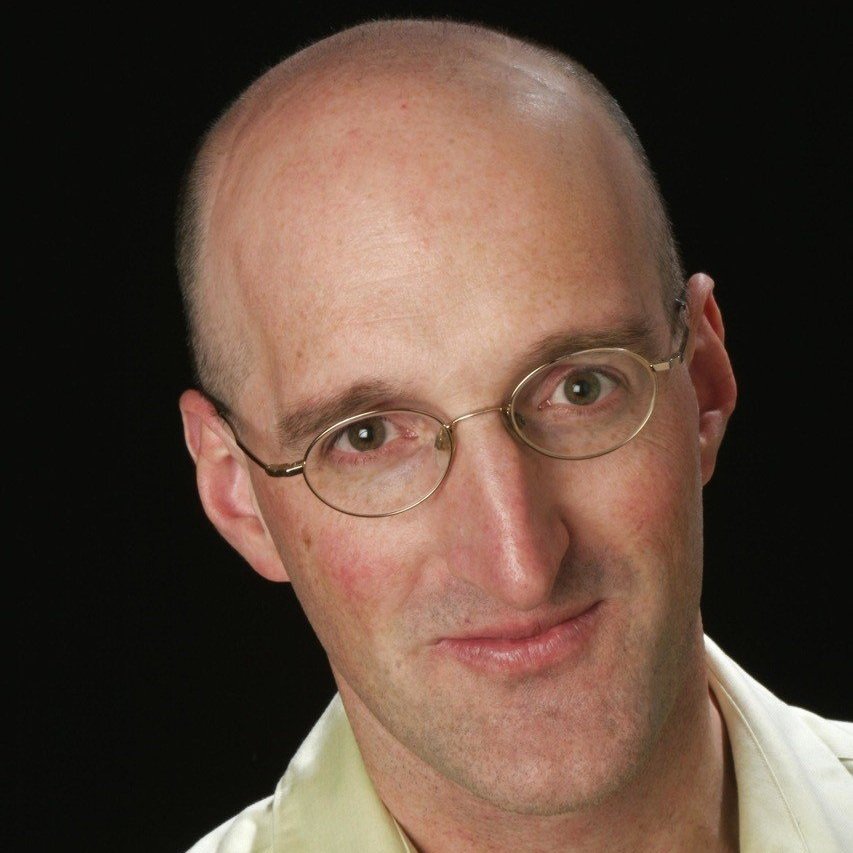The internet essentially began 30 years ago, with the December 1994 release of Netscape Navigator as the first mainstream commercial web browser. This began the steady transition of cryptography and security from the realm of fringe university research topics and a niche industry sector to major subject areas and technologies underpinning essential components of modern society.
In this special in-person event, SRI Research Lead David Lie will host Paul Van Oorschot, professor of computer science at Carleton University, for a talk taking us through selected highlights along this journey, with an eye to the evolution of research, educational curricula, and industries whose focus is cryptography and security technology.
This event will be recorded and posted online at a later date.
Venue
Rotman School of Management, Room LL1035
95 St. George St., Toronto, ON, M5S 2E8
About Paul Van Oorschot
Paul Van Oorschot is a professor at Carleton University and from 2002 to 2023 was Canada Research Chair in Authentication and Computer Security. He is also the co-author of the Handbook of Applied Cryptography. From 2008 to 2013 he was the scientific director of NSERC Internetworked Systems Security Network, a pan-Canadian strategic research network exploring computer and internet security. Van Oorschot received both his Master’s and PhD from the University of Waterloo, which also later awarded him the J.W. Graham Medal in Computing and Innovation in 2000. In 2011, he was inducted as a fellow of the Royal Society of Canada, the oldest association of scientists and scholars in Canada. He joined the School of Computer Science at Carleton University in 2002.
About David Lie
David Lie is currently a professor in the Department of Electrical and Computer Engineering at the University of Toronto and a research lead at the Schwartz Reisman Institute for Technology and Society. He is known for his seminal work on the XOM architecture, which was an early precursor to modern trusted execution processor architectures such as ARM Trustzone and Intel SGX.
He was the recipient of a best paper award at SOSP for this work. Lie is also a recipient of the MRI Early Researcher Award, Connaught Global Challenge Award, and previous holder of a Canada Research Chair. He developed the PScout Android Permission mapping tool, whose datasets have been downloaded over 10,000 times and used in dozens of subsequent papers. Lie has served on various program committees including OSDI, Usenix Security, IEEE Security & Privacy, NDSS, and CCS. Currently, his interests are focused on securing mobile platforms, cloud computing security, and bridging the divide between technology and policy.
About the Schwartz Reisman Institute
Located at the University of Toronto, the Schwartz Reisman Institute for Technology and Society’s mission is to deepen our knowledge of technologies, societies, and what it means to be human by integrating research across traditional boundaries and building human-centred solutions that really make a difference. The integrative research we conduct rethinks technology’s role in society, the contemporary needs of human communities, and the systems that govern them. We’re investigating how best to align technology with human values and deploy it accordingly. The human-centred solutions we build are actionable and practical, highlighting the potential of emerging technologies to serve the public good while protecting citizens and societies from their misuse. We want to make sure powerful technologies truly make the world a better place—for everyone.


